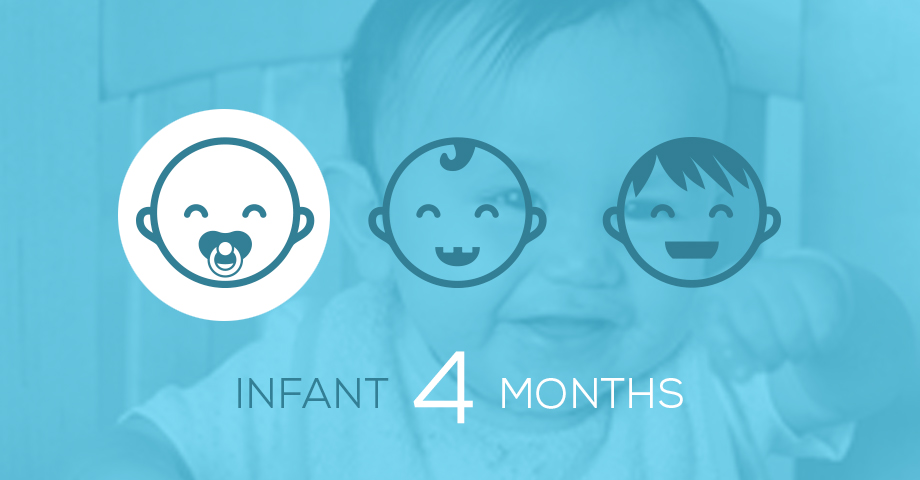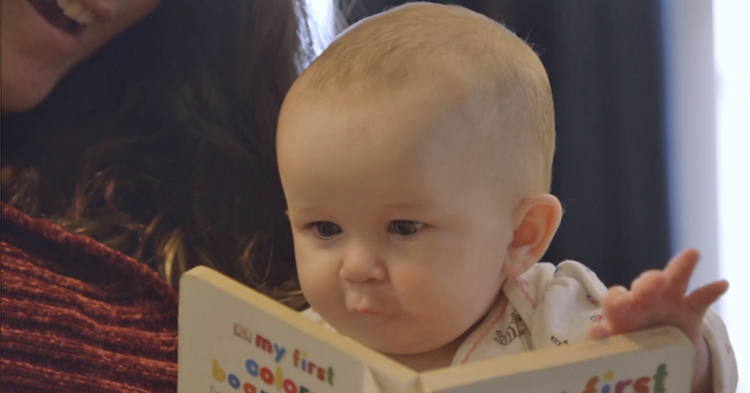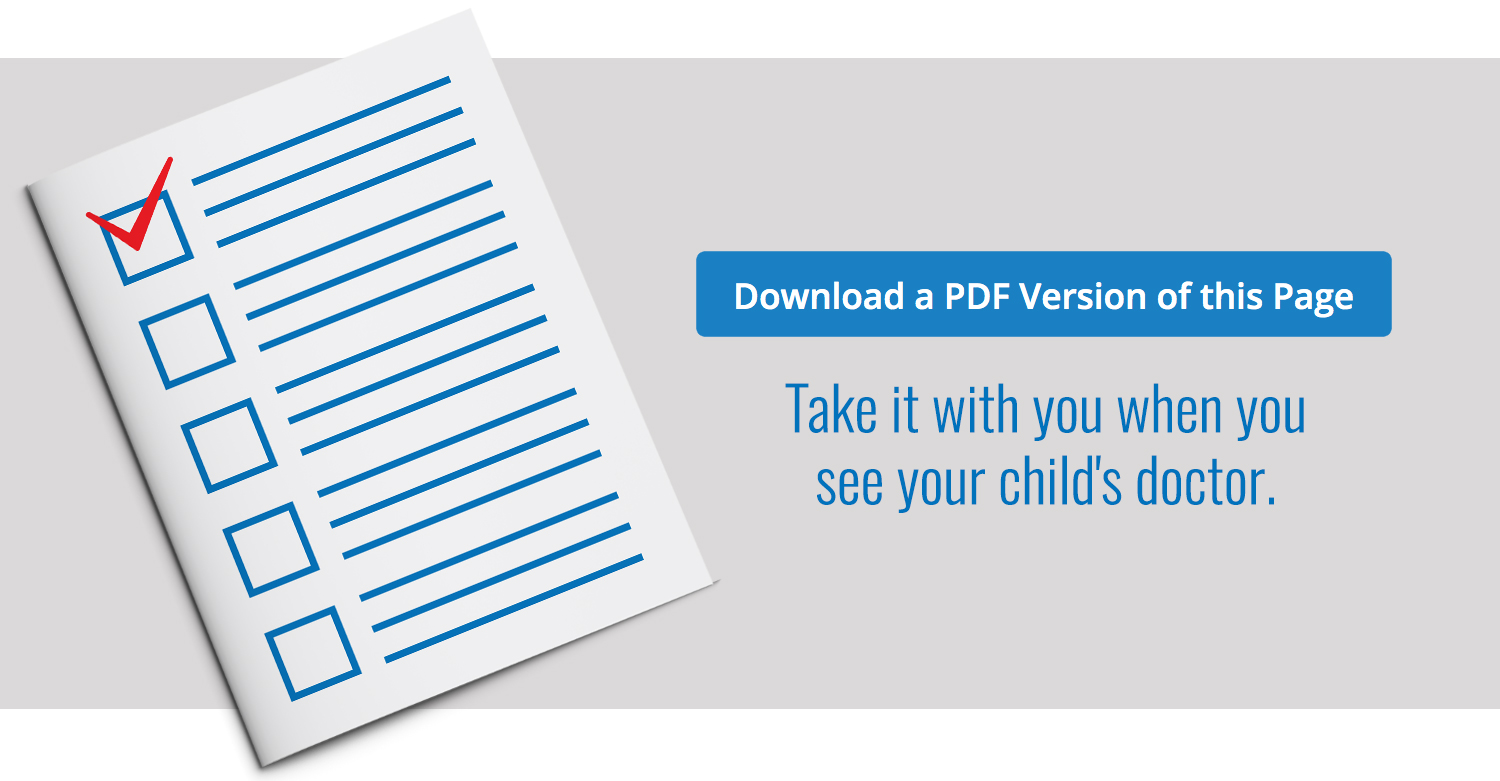
How your child plays, learns, speaks, acts and moves offers important clues about your child’s development. Developmental milestones are the things most children (75% or more) can do by a certain age.
Check the milestones your child has reached by 4 months, and talk with your child’s doctor at every visit about the milestones your child has reached and what to expect next.

What Most Babies Do at This Age:
Social / Emotional
- Smiles on his own to get your attention
- Chuckles (not yet a full laugh) when you try to make her laugh
- Looks at you, moves, or makes sounds to get or keep your attention
Language / Communication
- Makes sounds like “oooo”, “aahh” (cooing)
- Makes sounds back when you talk to him
- Turns head towards the sound of your voice
Cognitive (learning, thinking, problem-solving)
- If hungry, opens mouth when she sees breast or bottle
- Looks at his hands with interest
Movement / Physical Development
-
Holds head steady without support when you are holding her
-
Holds a toy when you put it in his hand
-
Uses her arm to swing at toys
-
Brings hands to mouth
-
Pushes up onto elbows/forearms when on tummy
Other Important Things to Share with the Doctor |
||
|
||
Concerned about your child’s development?
You know your child best. Don’t wait. If your child is not meeting one or more milestones, has lost skills he or she once had, or you have other concerns, act early. Talk with your child’s doctor, share your concerns, and ask about developmental screening.
If you or the doctor are still concerned:
- Ask for a referral to a specialist who can evaluate your child more; and
- Call your state or territory’s early intervention program to find out if your child can get services to help. Learn more and find the number at cdc.gov/FindEI.
For more on how to help your child, visit cdc.gov/Concerned.
Help Your Baby Learn and Grow.
Content provided by the Centers for Disease Control and Prevention’s “Learn the Signs. Act Early.” material and are not a substitute for a standardized, validated developmental screening tool.



